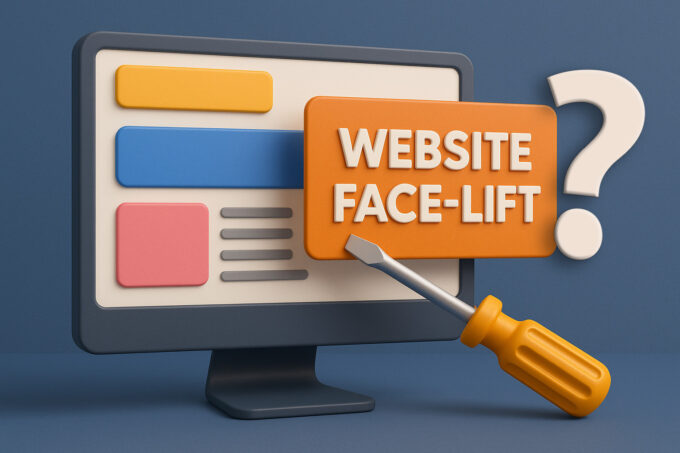In today’s digital age, where online presence plays a crucial role in attracting customers, the significance of quality photography for your website cannot be overstated. Whether you’re showcasing products or promoting services, the visuals you present have a direct impact on the trust level and overall perception of your brand. In this blog post, we will explore why investing in professional photography or honing your photography skills is essential for a successful online presence.
First and foremost, poor photography acts as a bottleneck to your website’s trust level. Visitors to your site form an immediate impression based on the visuals they see. If your product or service images are low quality, blurry, or poorly lit, it reflects negatively on your brand’s professionalism and attention to detail. Customers may question the quality of your offerings, and their trust in your business may waver.

Moreover, neglecting photography diminishes the efforts you put into other aspects of your website, such as SEO, content writing, branding, and site structure. No matter how well-crafted your content or how effective your SEO strategy, if the accompanying visuals fail to capture attention or convey professionalism, it undermines your overall message.
Hiring a professional photographer may seem like an expensive endeavor, but it is a worthy investment. Professional photographers possess the expertise, equipment, and artistic vision to capture your products or services in the best light. They understand lighting techniques, focus, composition, color balance, and distortion, ensuring that each image portrays your offerings in an appealing and accurate manner.

However, if hiring a professional photographer is not feasible, there are still steps you can take to improve your own photography skills. Learn the basics of lighting, focus, composition, color balance, and distortion. Even as a DIY photographer, striving for great shots demonstrates your commitment to quality.
Consistency is key. If you choose to be a DIYer, strive for consistently excellent results. Alternatively, if you opt for professional photography, stick with the same photographer to ensure consistent quality throughout your website. Mixing and matching different styles can create a disjointed and unprofessional impression.
While stock photography can be convenient, avoid using it for product or service displays. Stock photos are often recognizable and generic, making it obvious that they don’t represent your specific offerings. This practice undermines authenticity and can erode trust. Reserve stock photos for website design or general background visuals, but rely on original photography to showcase what you offer.

Remember, post-production is just as important as capturing the images themselves. Professional retouching, cropping, and resizing can significantly enhance the quality of your photos. Even if you only have smartphone snapshots, entrusting a professional to fine-tune your images will elevate their appearance and ensure they look their best.
In conclusion, quality photography is a vital component of your website’s success. It directly affects the trust level visitors have in your brand and complements your SEO efforts, content writing, branding, and site structure. Whether through professional photography or a dedicated commitment to improving your own skills, investing in visually appealing images will undoubtedly yield positive results for your online presence.



